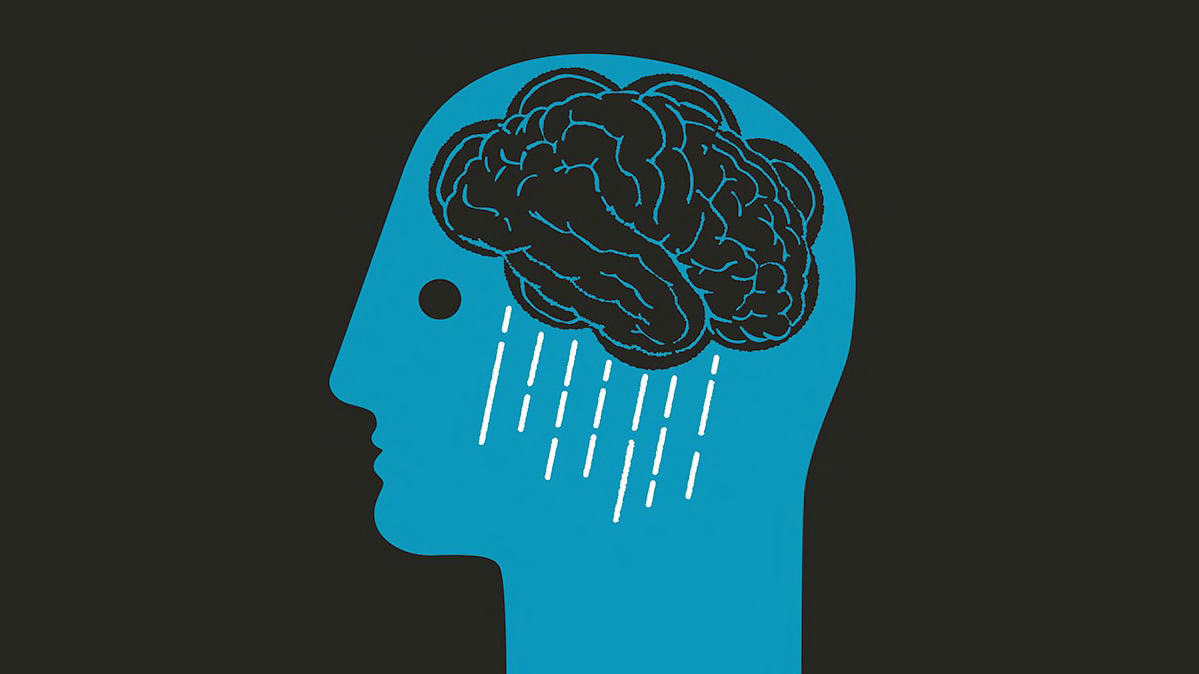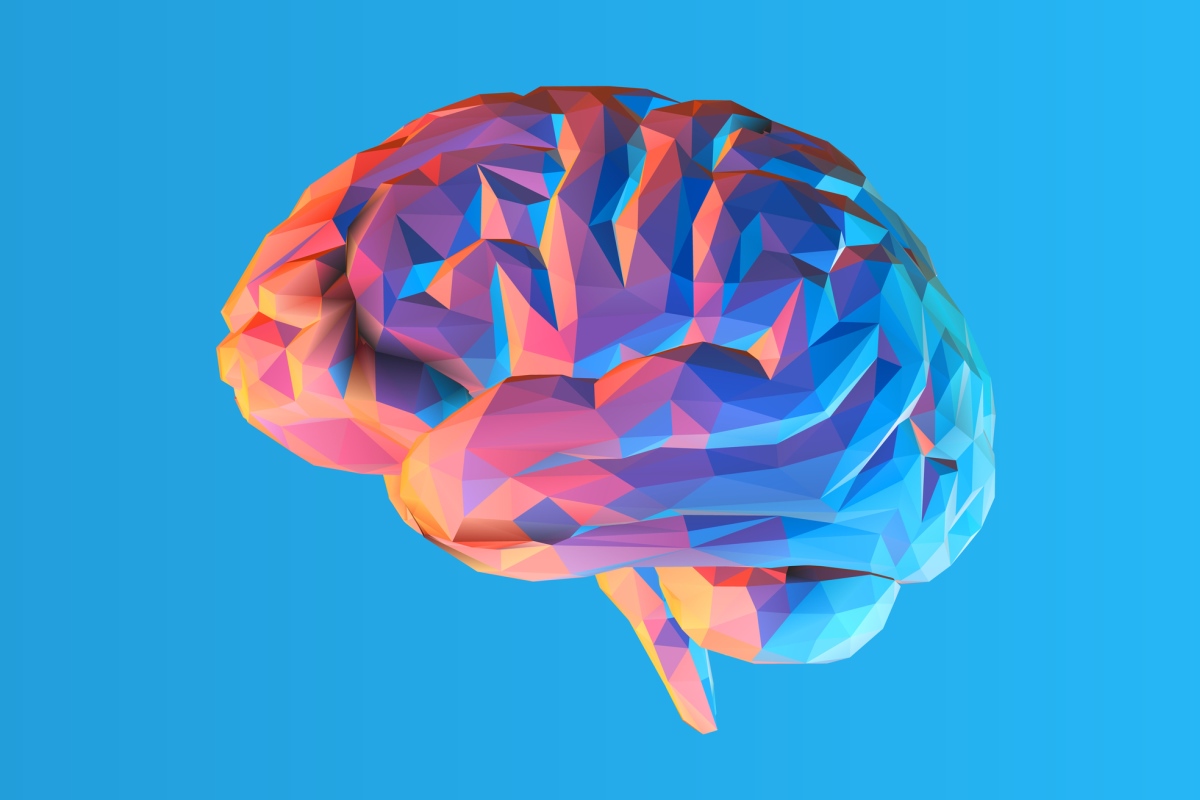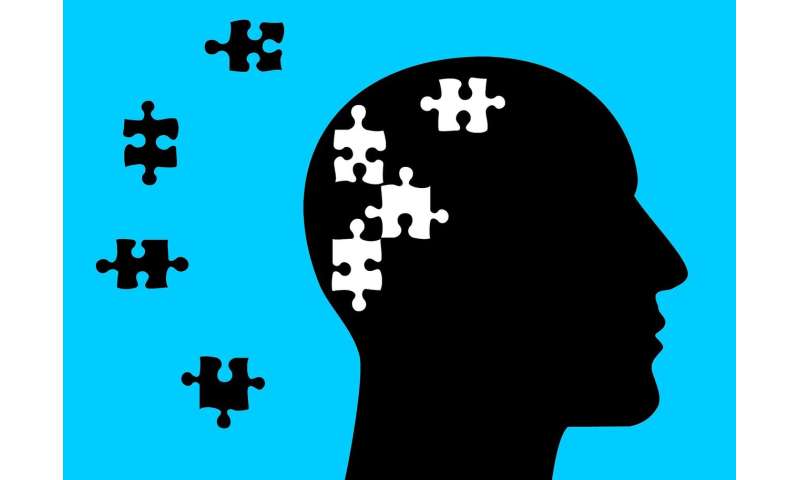Social psychology is something that has always fascinated me, how our actions and behaviors are influenced by other individuals. How everything we do is either mirrored from others or influenced by them. Everything we do and things we have learned as a child are actions that we learned from others, either from lessons or by simply observing other people doing so and imitating them. Social psychology is even more complex, because our actions are determined by the presence of others, let them be real or implied. The presence of people can influence our behavior, thoughts, or feelings.
I remember when I was first learning how to drive. My dad taught me and it was the most stressful situation. Whenever I would do something wrong he would call me out on it raising his voice, not to be mean or anything, but because it was involuntary. I guess this influenced my in how I drive when there are other people in the car with me. When I drive by myself, listening to my own music and having no one to call me out when I do something wrong, I usually drive really well, there is no pressure for me to be good, so it just comes naturally to me. I barely make any mistakes and nothing significant happens. But whenever I drive with people I get kind of nervous and, unintentionally, end up doing something wrong. I either take a wrong turn or miss a stop sign. It is very frustrating to me because I know I am a good driver, but the presence of other tends to influence how I drive. Driving would be considered a social impairment for me, since it is a difficult task that worsens my performance when I am around others, even though I am good at when there is no one around.
Another example of social psychology is the Chameleon Effect. One that proves that behavior is contagious. It is when people mimic other’s expressions, postures, and voice tones. Me and my roommate wanted to see if this was accurate, so whenever I would Facetime my boyfriend, she would say “Hola,” to see if he would change the way he says hi into “Hola” as well. The first time we tried this he still said the usual “hi,” not changing that way she says it to “Hola.” The second time I called him and my roommate said it he also said “Hola,” but he did it jokingly, not really conforming to it. We tried it a few more times after this and we realized that after the third time he finally conformed to it and he now says “Hola” every time, not even thinking about, but just conforming to whenever she says it. This proves that we indeed follow the behavior of others to conform with the situation and context we are in. It is a conformity, in which we change our behavior to match other’s behavior.
Behavior is very complex but also really simple. We seek approval from others and conforming to what others do is a way by which people feel accepted in a group or an environment. The context in which we act and behave can also influence us, especially if we think we are being watched. The presence of other individual can definitely influence our behavior because behavior itself is contagious.






